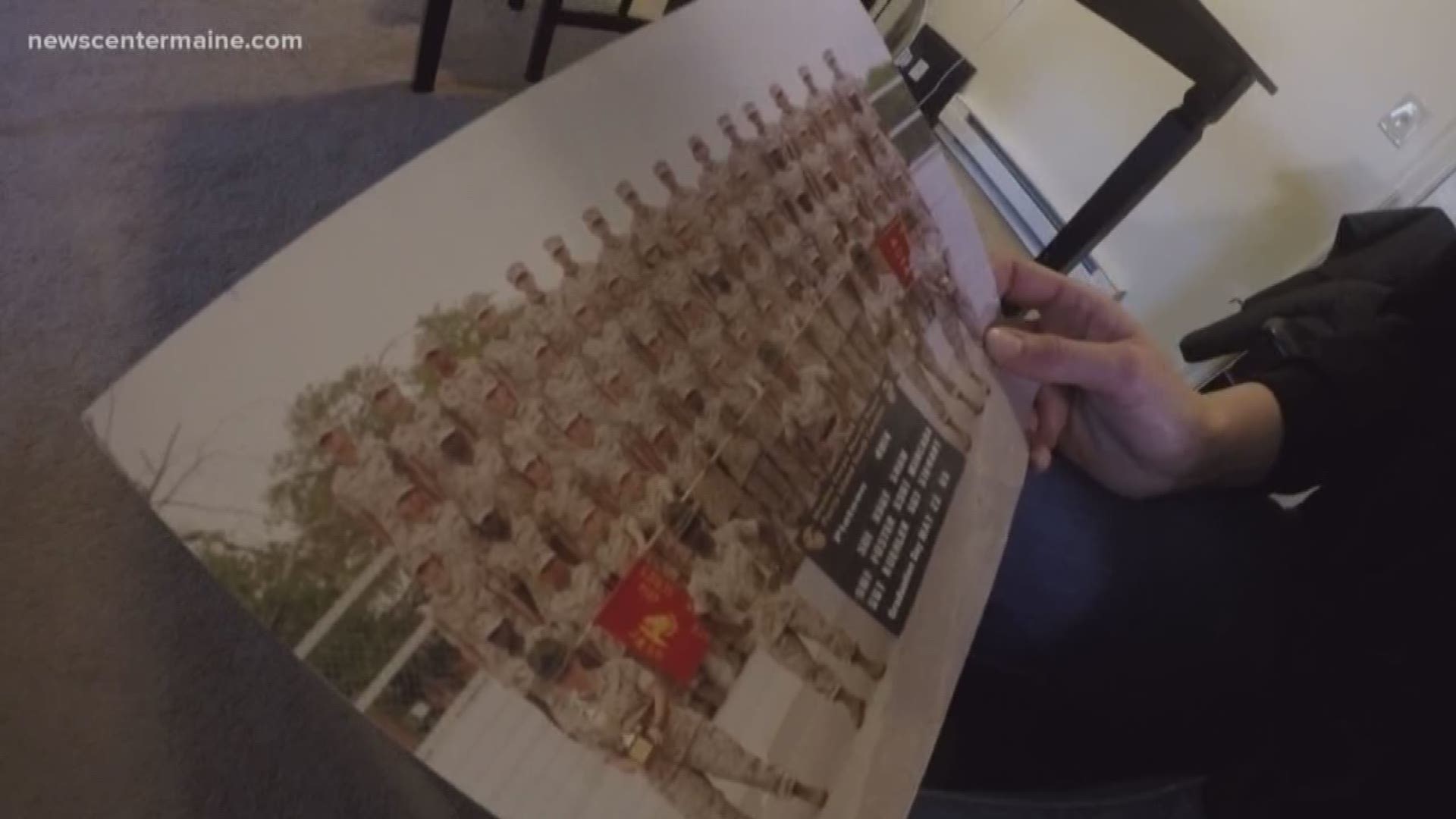PORTLAND (NEWS CENTER Maine) -- At just 17 years old, Mary Swanson decided to trade in her civilian clothes for camis.
"School was never my thing," Swanson said. "So I decided to drop out, get my GED and join the Marine Corp."
She says joining the Corps was a no-brainer.
"My brother always talked about how amazing the Marine Corp was," Swanson said. "He has epilepsy, so he was never able to join; in a sense, he got to join through me."
Swanson would serve eight years, from 2009 to 2017. In that time she was promoted to Sergeant, deployed to Japan and got married and had two children.
"At one point I had 200 marines under my charge," Swanson said. "I think that was probably the best time of my life in the Marine Corps as a sergeant."
But when she got out in February 2017 things changed.
"At first it didn't seem different and then suddenly things in my life were falling apart," Swanson said. "It's not like the military, when things start to fall apart you turn to your first sergeant or you turn to your platoon sergeant, all of a sudden there was no one to turn to."
Swanson says she felt lost.
When she enrolled at the University of Southern Maine she was connected with the Maine Student Veterans Alliance - Husky Chapter. The group is one of dozens across the nation aimed at helping veterans doing things like complete college, get out into the workforce and transition back into civilian life.
The USM chapter was co-created by Stephen White, an Air Force veteran.
"It boils down to stigma," White said. "Veterans don't want to ask for help, especially about something as personal as how they're coping with wartime or military trauma."
The group uses veterans helping veterans approach to help student veterans get the tools they need to succeed.
"We have to welcome them and we have to make sure the services are easy to access, because it's hard to ask for help," White said.
Little by little the support from the group is helping people like Swanson find themselves again. She wants others who may be struggling with transitioning back into the civilian world to find resources in their own communities and take advantage of them.
"Veterans are working for most of these organizations," Swanson said. "So you're probably going to be talking to veteran who has gone through the exact same issue and they're going to understand."

